How Your Blood Type Can Affect Your Health

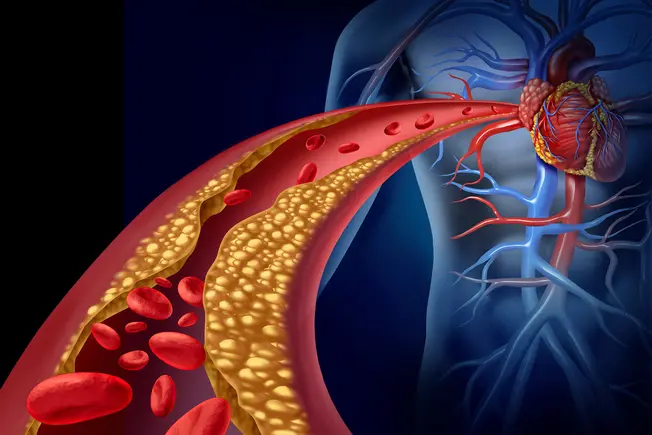
Heart Disease
There’s good news for O blood types. Research shows your risk of coronary heart disease tends to be lower. Experts aren’t sure why. Some think it might be because other types are more likely to have higher cholesterol and higher amounts of a protein that’s linked to clotting.

Stomach Cancer
A, AB, and B blood types are more at risk than type Os. Specifically, people with type A blood are more likely to get stomach cancer. Researchers think this might be because H. pylori infection is more common in people with type A blood. That’s a bacteria that’s usually found in the stomach. It can cause inflammation and ulcers.

Memory
A small study showed that people with memory problems had type AB blood more than any other.

Pancreatic Cancer
Your risk is higher if you’re type A, AB, or B. Molecules in type A and B red blood cells help certain bacteria called H. pylori grow in your gut. It can make you more likely to get pancreatic cancer.

Stress
Stress boosts your body’s level of cortisol, the stress hormone. People with type A blood tend to have more cortisol, anyway. So you may have a harder time dealing with stressful situations.
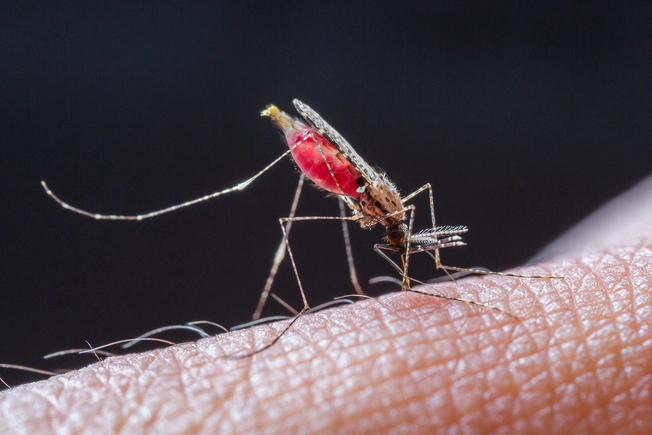
Malaria
Type O blood may help ward off this disease. You can get malaria when an infected mosquito bites you. The parasite that causes it has a harder time attaching itself to type O blood cells.
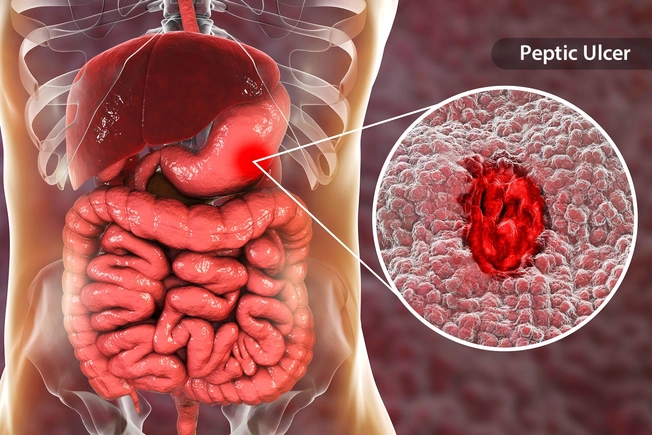
Ulcers
Peptic ulcers -- painful open sores that crop up in the lining of your stomach or upper intestine -- seem to happen more often with blood type O.
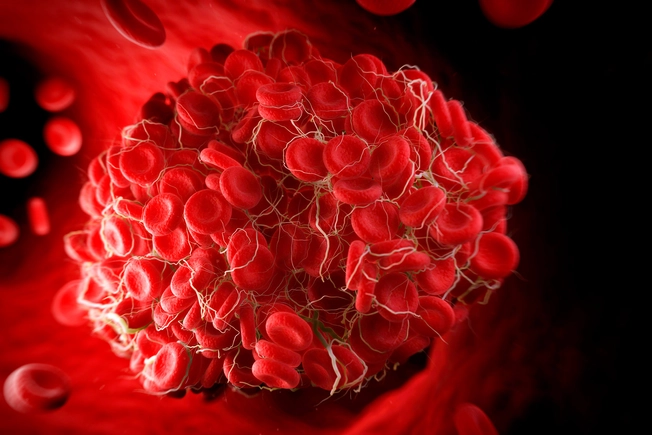
Blood Clots
Venous thromboembolism (VTE) is when your blood clots in a deep vein, like the ones in your legs. These clots sometimes move to your lungs. Research shows that people with type A, B, or AB blood are at a higher risk of VTE.

Life Span
Chances are higher you’ll live longer if you have type O blood. Experts think your lowered risk of disease in your heart and blood vessels (cardiovascular disease) may be one reason for this.

Fertility
Your blood type can’t predict whether you’ll get pregnant, but it may play a role. In one study, women with low numbers of healthy eggs were more likely to have type O blood than any other type. More research is needed to figure out why.
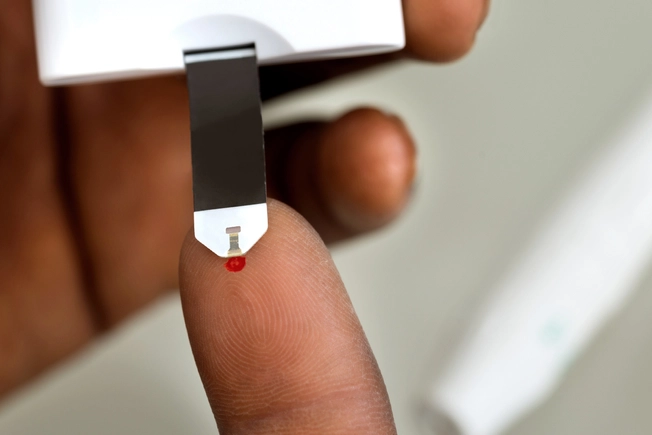
Diabetes
Type 2 diabetes seems to happen more often in people with blood types A and B. Experts aren't sure why. More research is needed.

Stroke
Your risk for a stroke goes up if you have blood type AB. Doctors think that’s because it’s more likely to clot than other types.
Show Sources
IMAGES PROVIDED BY:
1) wildpixel / Thinkstock
2) peterschreiber.media / Getty Images
3) simarik / Getty Images
4) Eraxion / Thinkstock
5) monkeybusinessimages / Getty Images
6) abadonian / Getty Images
7) KATERYNA KON / Science Source
8) SCIEPRO / Science Source
9) GMVozd / Getty Images
10) VioletaStoimenova /Getty Images
11) AndreyPopov / Thinkstock
12) Lars Neumann / Getty Images
SOURCES:
Arteriosclerosis, Thrombosis, and Vascular Biology: “ABO Blood Group and Risk of Coronary Heart Disease in Two Prospective Cohort Studies.”
BMC Medicine: “Mortality and cancer in relation to ABO blood group phenotypes in the Golestan Cohort Study.”
American Cancer Society: “Stomach Cancer Risk Factors.”
University of Wisconsin Health: “Blood Type Test.”
Neurology: “ABO blood type, factor VIII, and incident cognitive impairment in the REGARDS cohort.”
Journal of the National Cancer Institute: “ABO Blood Group, Helicobacter pylori Seropositivity, and Risk of Pancreatic Cancer: A Case-Control Study.”
Northwestern Medicine: “What Does Your Blood Type Mean for Your Health?”
Wiley Interdisciplinary Reviews: Systems Biology and Medicine: “Blood Type Biochemistry and Human Disease.”
Mayo Clinic: “Peptic Ulcer,” “Helicobacter pylori (H. pylori) infection.”
International Journal of Molecular Sciences: “ABO Blood Group System and Gastric Cancer: A Case-Control Study and Meta-Analysis.”
American Journal of Epidemiology: “Risk of Gastric Cancer and Peptic Ulcers in Relation to ABO Blood Type: A Cohort Study.”
Blood Transfusion: “Beyond immunohaematology: the role of the ABO blood group in human diseases.”
Human Reproduction: “Implications of blood type for ovarian reserve.”
Diabetologia: “ABO and Rhesus Blood Groups and Risk of Type 2 Diabetes: Evidence From the Large E3N Cohort Study.”
Journal of Thrombosis and Haemostasis: “ABO Blood Type and Stroke Risk: The Reasons for Geographic And Racial Differences in Stroke Study.”
Penn Medicine: “The Connection Between Blood Type and Heart Health.”